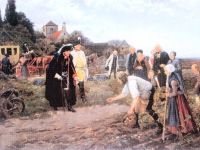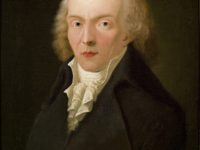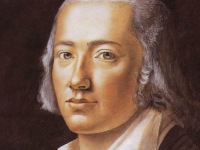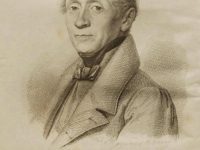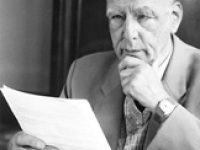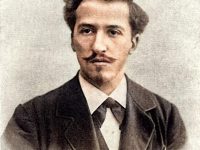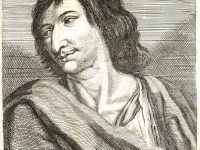Frederick the Great’s Cunning Plan to Introduce the Potato
On 24, March, 1756, Prussian king Frederick the Great passed the circular order that should ensure the cultivation and deployment of potatoes in his country. Actually, citizens received this only rather refusing, because this subterranean vegetable seemed rather suspicious to them. But there is the saying that the king used a clever trick to convince his subjects… “I appreciate the potato only as a protection against famine, except for that, I know…
Read more

